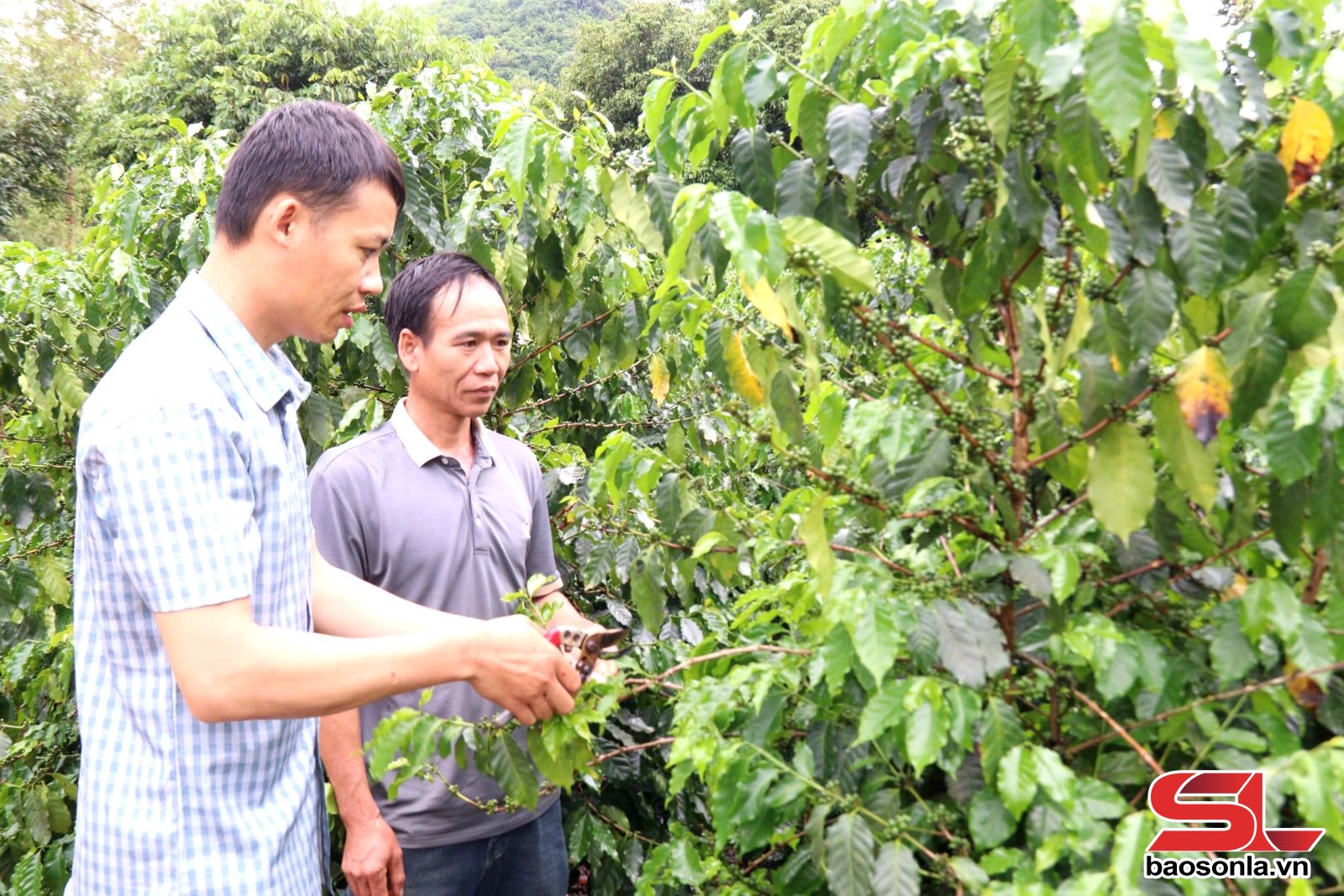
In 2017, the province had approximately 17,600 hectares of coffee plantations. To date, this area has increased to 24,300 hectares, with an estimated production of 37,724 tons, accounting for over 41% of the country's Arabica coffee acreage. To enhance the value of Arabica coffee, the province has implemented numerous policies to develop raw material areas linked to the application of high technology in coffee production, processing, and consumption. These policies have helped eliminate fragmented, small-scale, and spontaneous production.
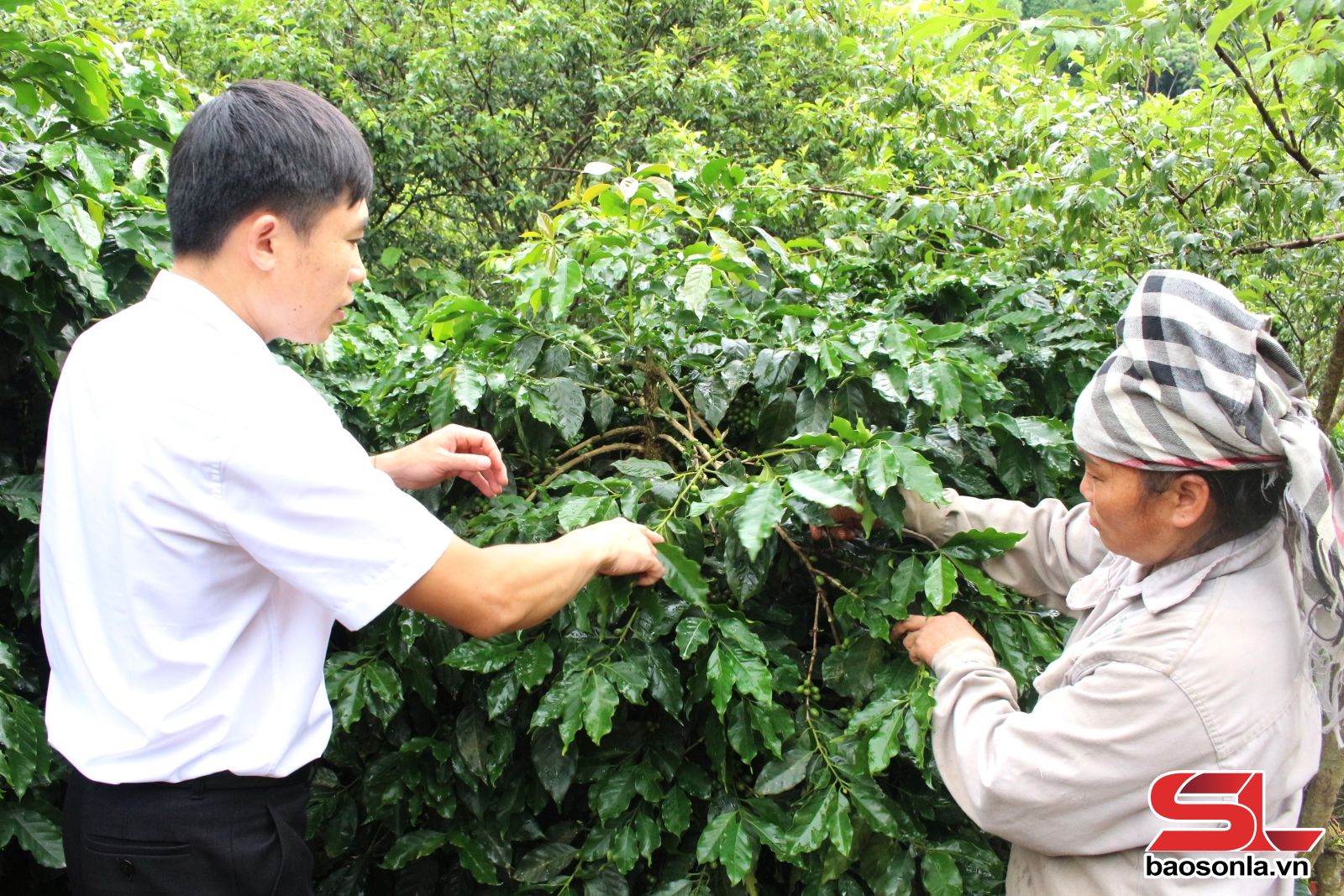
The province currently has 28 enterprises and cooperatives involved in the production, preliminary processing, and processing of coffee. Of these, 26 establishments focus on deep processing, while 2 specialize in seed production and supplying raw materials. Seven enterprises and cooperatives have been granted the right to use the geographical indication " Son La Coffee," exporting their products to 20 countries and territories, creating jobs and stable income for over 18,000 coffee-growing households. The province has two high-tech coffee growing areas covering over 1,039 hectares and five products certified under the OCOP program. Each year, these enterprises and cooperatives process more than 5,405 tons of green coffee beans. In 2024 alone, Son La exported 31,700 tons of green coffee beans, worth 88.77 million USD, an increase of 9.33% compared to 2023, accounting for 44.74% of the province's total export value... gradually affirming Son La coffee's position in the domestic and international markets.
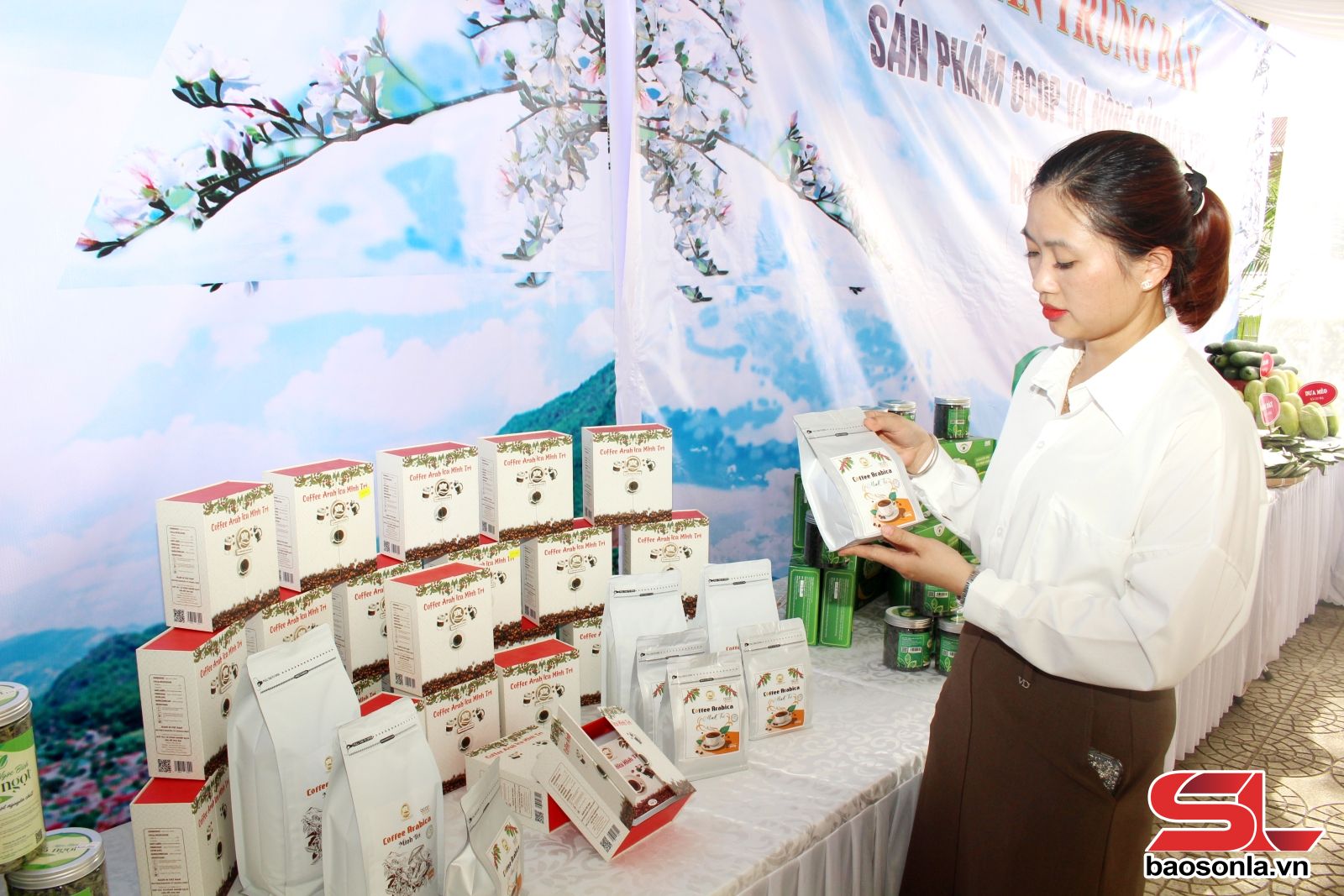
Currently, Muoi Noi commune has over 2,448 hectares of coffee plantations. On average, each hectare of coffee yields 11 tons of fresh fruit, selling at 15,000-20,000 VND/kg, generating an income of 170-200 million VND/ha and a profit of over 140 million VND/ha. As a result, many households in the commune earn 150-400 million VND per year, significantly improving their living standards. Mr. Nguyen Huu Hai, Vice Chairman of the People's Committee of Muoi Noi commune, stated: "In recent years, thanks to guidance from relevant agencies, people have boldly switched to planting high-value economic crops, especially coffee. By the end of 2024, the poverty rate in the commune will have decreased to 21.9%, a reduction of 24.7% compared to 2020."
Mr. Lo Van Phanh's family in Hiem village, Muoi Noi commune, owns 3 hectares of coffee plantations. In 2010, he started by planting 0.5 hectares as a trial. Seeing the economic benefits, his family gradually expanded the area to 3 hectares as it is today. Last season, his family earned over 400 million VND from coffee. Mr. Phanh said: "To ensure healthy coffee plants and high yields, the care process must be followed correctly for each stage. After harvesting, the plants need to be fertilized and supplemented with nutrients promptly to quickly recover, enter the period of flower bud differentiation, flowering, and nurturing young fruit. Providing sufficient nutrients at this time is very important and determines the yield for the next season."
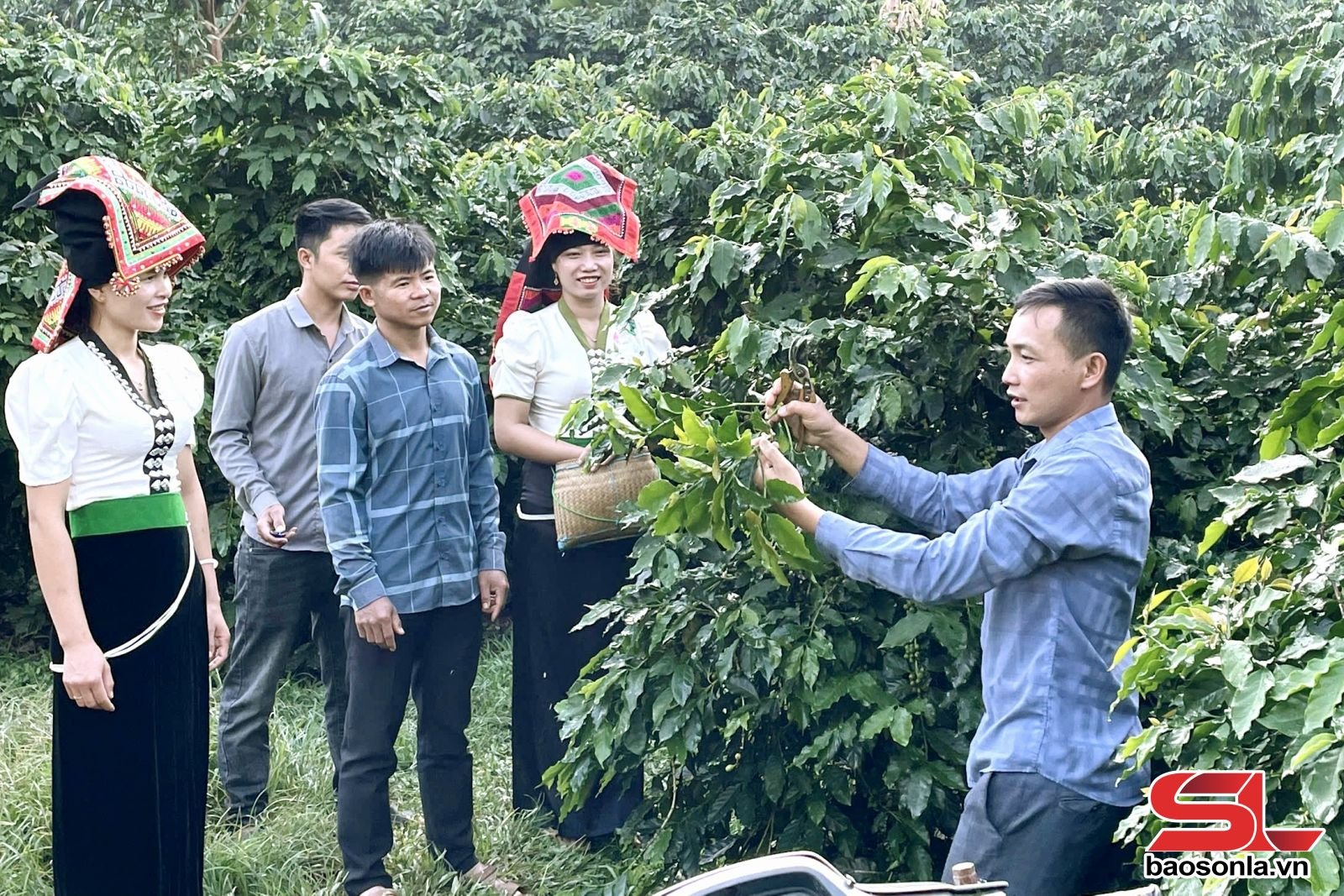
Established in 2023, the Sang Na Tre Agricultural Cooperative in Chieng Mai commune has 20 members and cultivates 50 hectares of Arabica coffee. Mr. Cam Van Hoang, the cooperative's director, shared: To ensure product quality, the cooperative collaborates with Phuc Sinh Joint Stock Company, receiving technical training in cultivation, pruning, and product distribution. The cooperative has also invested in five solar-powered greenhouses for dry processing. With the goal of building a brand for Chieng Mai Arabica specialty coffee, the cooperative hopes to receive support for digital transformation in raw material management, traceability, and product consumption; and to connect and cooperate with businesses and partners to expand markets and enhance the value of Son La specialty coffee.
Besides the advantages, coffee cultivation is facing difficulties, as many coffee plantations are aging, have low yields, and need replanting. However, replanting requires significant capital, a long time, and advanced techniques. Meanwhile, small-scale and fragmented farming households and cooperatives struggle to uniformly apply techniques, mechanization, and build supply chains. Cooperatives lack the capacity to purchase the entire output, forcing farmers to sell through intermediaries. Post-harvest preservation is limited due to a lack of storage facilities and inconsistent drying systems, easily leading to a decrease in product quality.
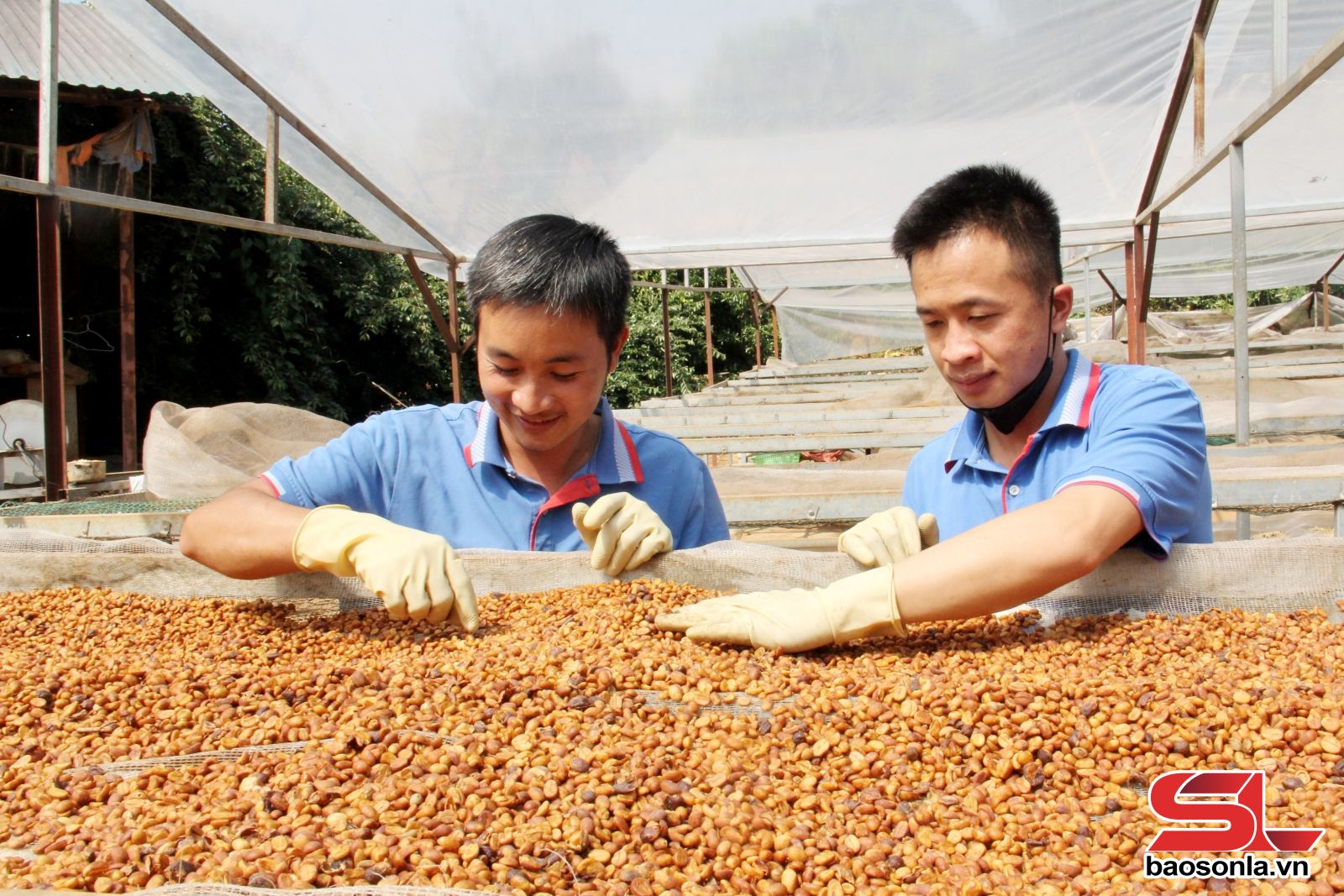
Mr. Tran Dung Tien, Deputy Director of the Department of Agriculture and Environment, informed: In the coming time, the Department will continue to advise the Provincial People's Committee to issue policies supporting seeds for the coffee replanting program; and at the same time effectively implement policies to encourage cooperation and linkages in coffee production and consumption. The goal by 2025 is for coffee value to account for 6-8% of the total export value of the province's crop production; to export more than 25,000 tons of green coffee beans to Germany, the US, Brazil, the Netherlands and South America; and for 30% of fresh coffee cherries to be processed industrially, of which 5% will be processed deeply.
To make coffee a key crop, in addition to provincial policies, localities need to continue promoting and encouraging farmers to plant according to the plan; strengthen training and transfer of sustainable farming techniques according to standards such as VietGAP, 4C, UTZ, and Rainforest Alliance; create conditions for businesses and cooperatives to link with farmers in production, forming raw material areas associated with processing and product consumption... thereby improving economic efficiency and protecting the environment.
Source: https://baosonla.vn/kinh-te/ca-phe-arabica-cay-trong-chu-luc-cua-son-la-3NpK3yjHR.html



![[Photo] Prime Minister Pham Minh Chinh attends the Conference summarizing and implementing tasks of the judicial sector.](/_next/image?url=https%3A%2F%2Fvphoto.vietnam.vn%2Fthumb%2F1200x675%2Fvietnam%2Fresource%2FIMAGE%2F2025%2F12%2F13%2F1765616082148_dsc-5565-jpg.webp&w=3840&q=75)




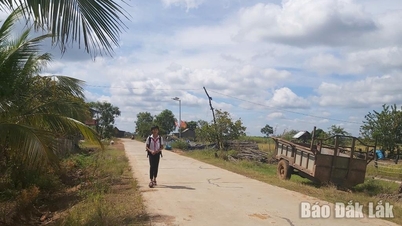

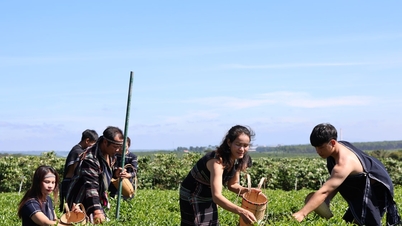





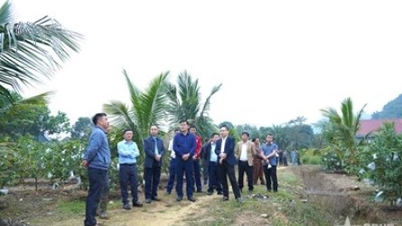

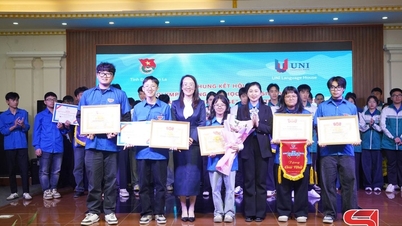




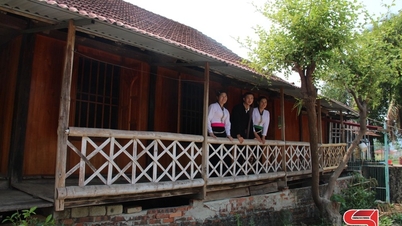
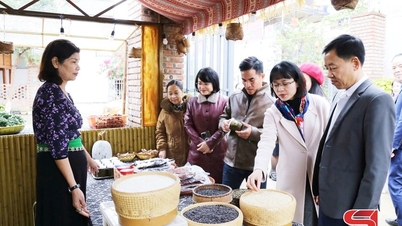













































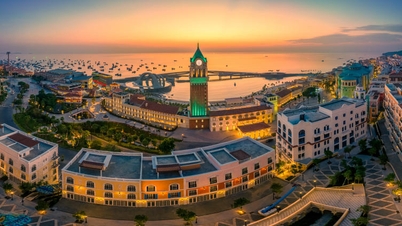







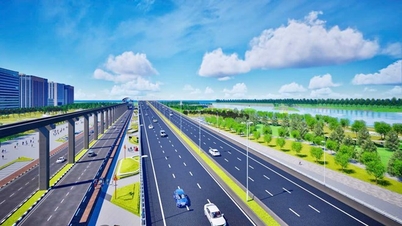
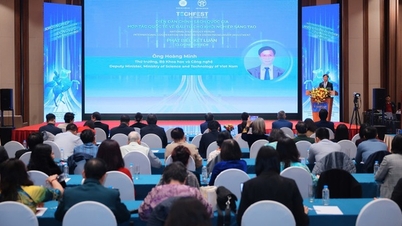

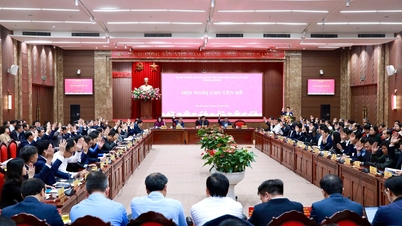

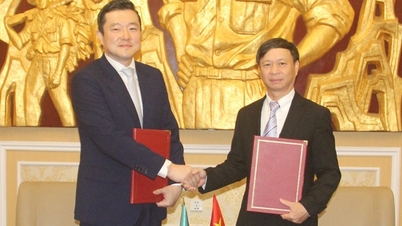


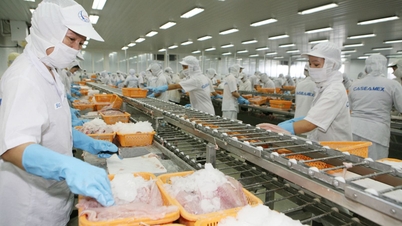

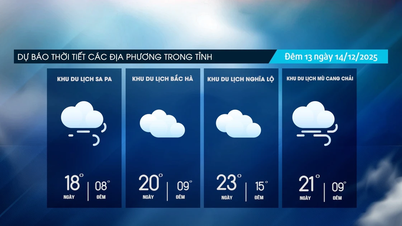



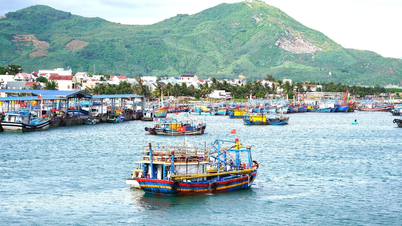

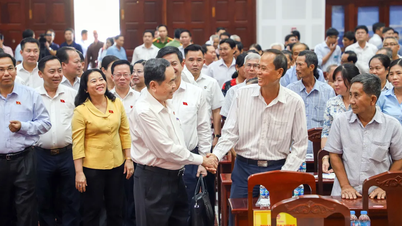













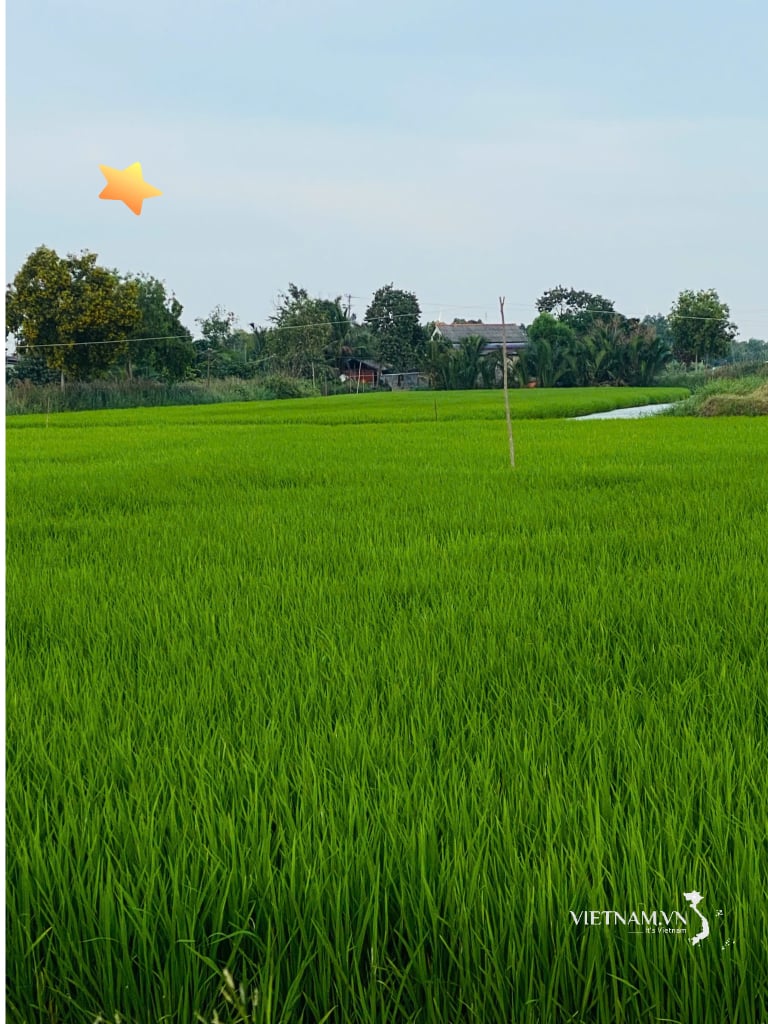

Comment (0)